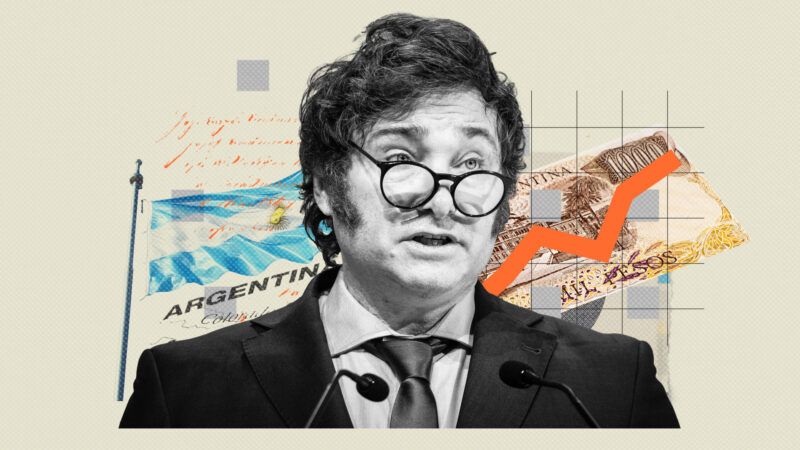In a significant development on December 22, 2023, newly elected President Javier Milei of Argentina implemented sweeping economic reforms aimed at addressing the country’s severe inflation crisis. Milei’s administration has been characterized by radical libertarian policies that challenge conventional economic frameworks in Argentina.
Upon taking office in November 2023, Milei promised to “blow up” the central bank and eliminate more than 300 regulations that he deemed detrimental to economic growth. His government aims to dollarize the economy as a measure to stabilize prices and restore public confidence. This approach has sparked both enthusiasm and concern among economists and citizens alike.
The immediate response to Milei’s reforms has been mixed. Supporters argue that drastic measures are necessary to combat Argentina’s staggering inflation rate, which has exceeded 140% annually. They believe that by adopting the U.S. dollar as legal tender, Argentina can regain economic stability and attract foreign investment.
Conversely, critics warn that such rapid deregulation could lead to increased unemployment and social unrest. Protests erupted shortly after Milei’s announcement as labor unions and opposition parties mobilized against perceived austerity measures that threaten workers’ rights and social welfare programs.
Internationally, Milei’s presidency has drawn attention due to his alignment with far-right ideologies reminiscent of leaders like Donald Trump. His administration’s approach raises questions about Argentina’s future relationship with global financial institutions and its commitment to social equity.
As Argentina navigates these tumultuous changes under Milei’s leadership, the world watches closely. The outcome of these reforms will not only impact Argentina’s economy but could also set a precedent for similar political movements across Latin America.
Image Credits: https://reason.com/2024/10/24/javier-mileis-economic-reforms-are-already-paying-off-in-argentina/


